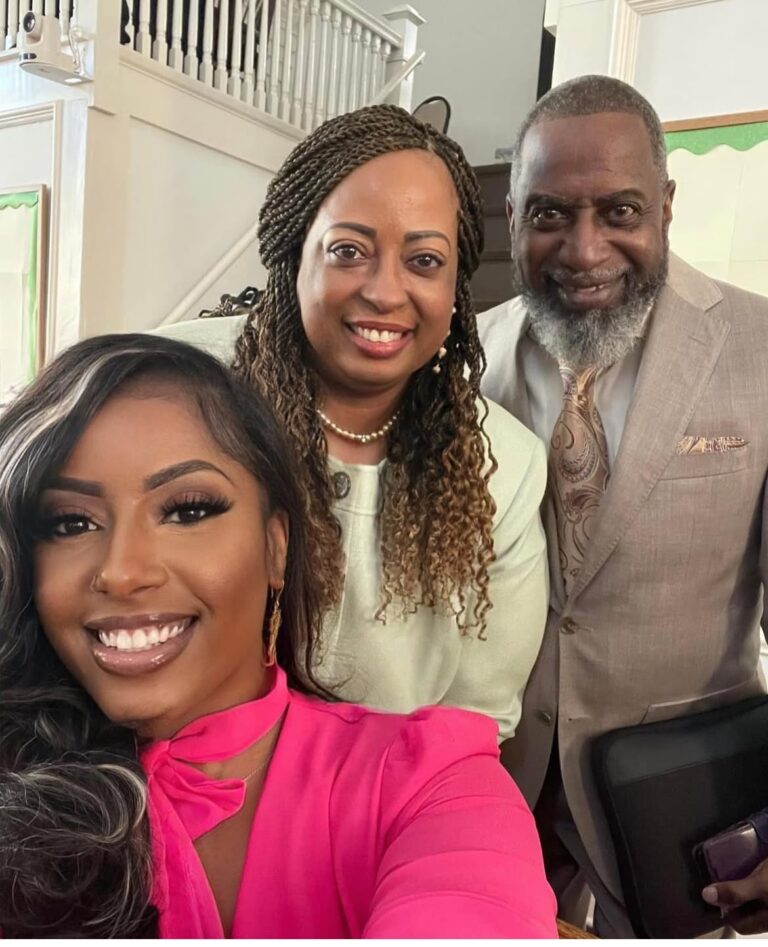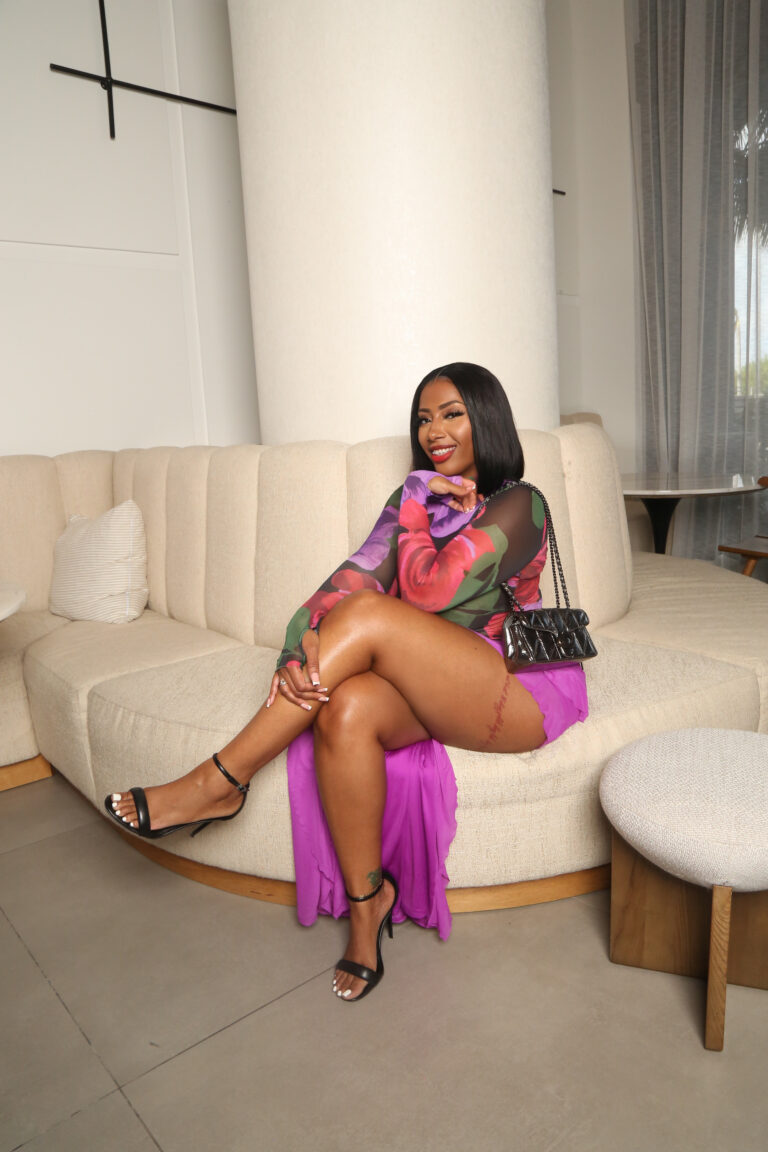Where Have All the Superstars Gone?
I was halfway through the Luther Vandross: Never Too Much documentary that just released on New Years Day (If you’re a fan of music, pop culture, or Luther Vandross in general – it’s a MUST watch). Wrapped in a blanket of nostalgia and disbelief, when it hit me: we don’t make stars like this anymore. Luther wasn’t just a singer; he was a superstar. A voice so pure it felt like satin dipped in honey, it felt like a house, not a home, it was simply magical. Luther had a presence so magnetic it could fill a room even when he wasn’t in it. Watching him progress in his career—turning every note into a prayer, every lyric into a confession—I couldn’t help but think: when did our “superstars” stop striving for greatness?
Aside from Beyoncé—who fittingly featured Luther Vandross on her debut album—and maybe Usher, we simply don’t have singers who can stand shoulder-to-shoulder with the stars we grew up idolizing. Whether it’s letting scandals overshadow their craft, being boxed in by terrible record labels, or, let’s be honest, a lack of true hustle from some of today’s rising stars, the celebrities of this generation seem to be missing that je ne sais quoi that defined being a true “superstar.” That intangible magic, the untouchable aura that made us want to emulate them and believe in something greater—it’s just not there.
Now with social media – We live in an age of “good enough,” where a moment of viral fame outweighs a legacy. Social media has democratized fame, sure, but it’s also diluted it. Everyone has a platform, a story, a song—but few have the talent or drive to transcend their screens. Luther never chased a trend. He didn’t go live on Instagram or clap back on Twitter. His life wasn’t broadcast for likes and shares. His brilliance spoke for itself, and he let the music do the talking.
And then there’s the record labels. Once upon a time, labels were dream factories, sculpting raw talent into legends. They discovered artists, nurtured them, and gave them the resources to soar. Now? Labels want stars prepackaged and primed for TikTok algorithms. They care more about engagement rates than vocal runs. Imagine trying to pitch a shy, soft-spoken Luther Vandross today. “He’s a balladeer? No controversy? Where’s his viral hook?” they’d say. Meanwhile, they’d miss the fact that Luther was the hook.
But let’s talk about soul. Let’s talk about church. Luther, Whitney, Aretha—all of them were bred in pews and choirs. They learned discipline, harmony, and that indescribable ability to feel a song, not just sing it. Church wasn’t just a place of worship; it was a masterclass in storytelling and soul. Today’s stars didn’t grow up in choir rehearsal, perfecting their craft every Sunday morning. Without that foundation, it’s no wonder so much of today’s music feels bland and disposable.
Superstars used to give us permission to dream. They were untouchable, enigmatic, and larger than life.
Luther wasn’t just a man; he was a mood, a moment, and a movement. That elusiveness—the ability to show us just enough to keep us guessing—is gone. Now we know too much about everyone. We see their mess, their mistakes, and their mundane. It’s hard to look up to someone when they’re always trying to prove they’re just like us.
As I sat there, nostalgic and emotional as Luther sung A House Is Not a Home, I felt sadness for my generation and those thereafter. Millennials have grown up without a male superstar of Luther’s caliber. Sure, we have talented men, but none who define an era. None who make you stop in your tracks, close your eyes, and let the music wash over you. Luther sang like every word mattered because, to him, it did. He didn’t let the chaos of life get in the way of his gift. His voice wasn’t just beautiful—it was eternal.
And as I collected my thoughts after watching his documentary, I couldn’t help but think: have we truly witnessed the death of the superstar? The kind of icon who made you drop everything to tune in, dress up, or show up. The larger-than-life figures who didn’t just live in our world but created their own, inviting us to orbit their brilliance.
In today’s world of social media, “cancel culture,” and microwave success, the magic has been stripped away. To stay relevant, we have to know something about them—every scandal, every misstep, every viral moment. Instead of albums or singles promoted by pure talent and artistry, marketing strategies hinge on the latest PR drama.
And as I replayed Luther’s voice in my mind—unfiltered, unshaken, and eternal—it made me wonder: if everyone’s a star now, does that mean no one is?







